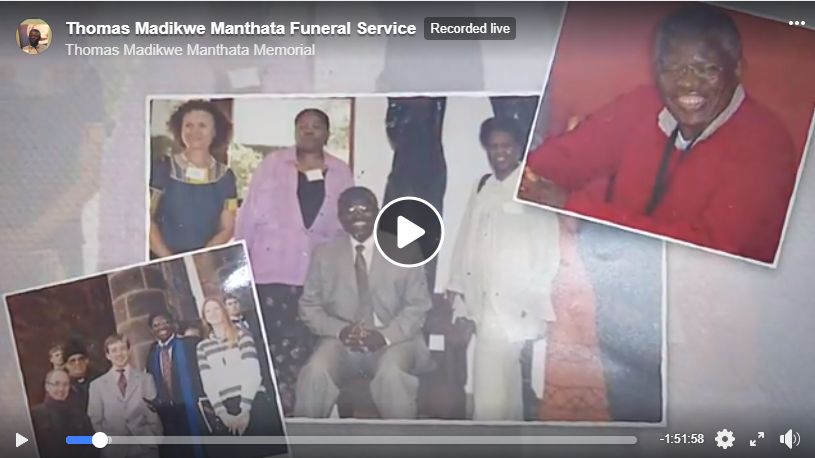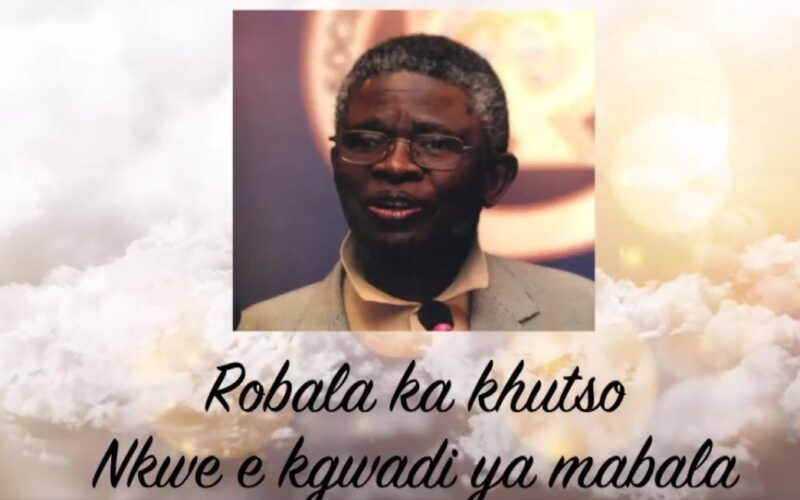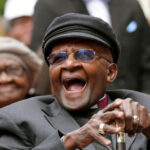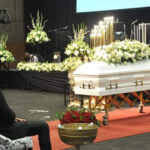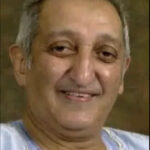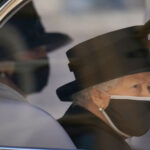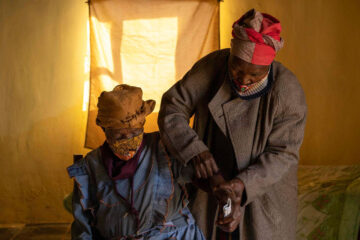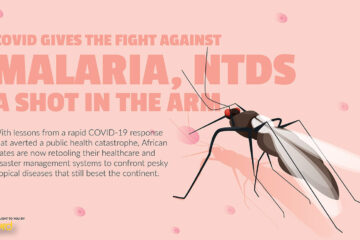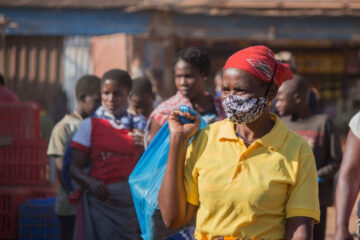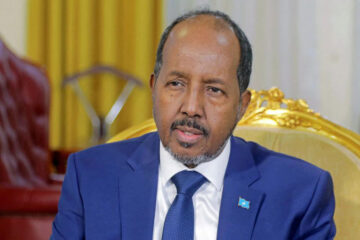AFRICAN MIRROR REPORTER
ARCHBISHOP Emeritus Desmond Tutu has led friend, comrades and family in paying warm and glowing tributes to anti-apartheid stalwart Tom Manthata, who has been laid to rest.
Tutu told mourners at the funeral that Manthata was a wonderful person who was committed to the liberation of South Africans. He said Manthata was gentle but strong. “ Tom was a wonderful, wonderful person. You would think that he could not say boo to a goose until you found out how deeply committed he was to the liberation of our people, shown by the fact that he and others spend so much time on Robben Island (Prison). Tom was gentle but strong. It was a great privilege for me to be his boss when we all worked for the South African Council of Churches. It was people like Tom who went to meet and comfort families of those who had been killed. One wishes that we could have a big moment for all those who laid down their lives so that we would be free and we are free today,” he said.
Naledi Pandor, Manthata’s sister-in-law and South Africa’s Minister of International Relations and Cooperation shared memories and personal anecdotes of the life she and her family shared with Manthata.
Pandor said Manthata was a true representation of the African concept of Ubuntu.
“Bhut Tom was extremely kind and a wonderful, wonderful person, faithful husband and loving father. If I were to be asked, what in a human being physically represents the wonderful South African concept of Ubuntu, I will say that in physical and human terms, a life of a person such as Bhut Tom reflected that concept. He truly physically represented what Ubuntu means,” Pandor said.
Manthata, 81, who taught South African President Cyril Ramaphosa in high school, succumbed to the virus in a Pretoria hospital.
Many have described him as a man of great humility but steel resolve when it came to fighting and defeating apartheid.
His last prominent assignment before he retired was as a head of commission that investigated the plight of the elderly across South African communities. He was a commissioner at the South African Human Rights Commission as well as the Truth and Reconciliation Commission.
Born Thomas Madikwe Manthata in Soekmekaar, in Limpopo, he taught at President Ramaphosa’s alma mater, Sekano Ntoane, in Soweto, where he was popular for encouraging political debates among his pupils.
While teaching, Mathata was active in the anti-apartheid struggle. Between 1970 and 73, when it was extremely dangerous to do so, he facilitated contact between high school students, Black Consciousness activists. He was also a member of the South African Students Organisation, the Black People’s Convention, the Azanian People’s Organisation and was active in the student Christian movement. His activity led to spells in detention.
On November 18, 1988, he and fellow United Democratic Front activists, Popo Molefe, Moss Chikane and Patrick ”Terror” Lekota, were convicted of treason.
In 1988, Archbishop Desmond Tutu, in pleading for the court not to send Manthata to jail, wrote about his character as leader.
Tutu wrote: “I do not know whether the court decided the law correctly when it upheld the charge of treason. What I do know is that some of the court’s language looks to me like an extravagantly painted portrayal of what would be normal political processes in a society that was democratic. What I also know is that I have a very high regard for those guilty of treason. If there is one person in South Africa for whom I would unhesitatingly put my head on a block, it is Tom Manthata.
Tom is a person who, after being tortured while in police custody, after spending more than 200 days detained without trial, after being in ”preventive detention” for nearly a year, came out of prison to say to his friends in the council: ”Let’s not be consumed by bitterness.”
Manthata and his co-accused were sentenced to prison and served time at the Robben Island Prison.
